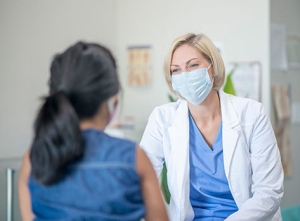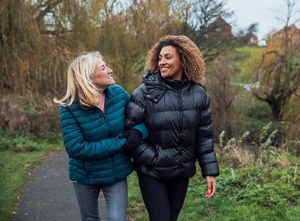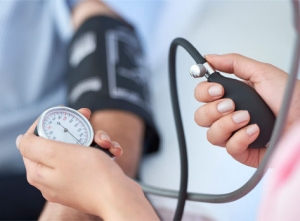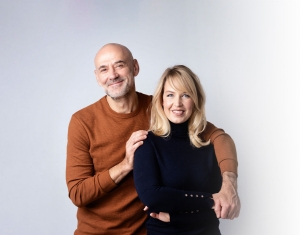According to the American Heart Association, more than 356,000 out-of-hospital cardiac arrests occurred in the U.S. in 2022.

What is sudden cardiac arrest?
Sudden cardiac arrest is when the heart stops beating which usually results from a problem with the heart’s electrical system. Someone experiencing cardiac arrest will stop breathing and lose consciousness, so those first few minutes are critical for receiving care.
Matthew Martinez, MD, director of Atlantic Health System Sports Cardiology at Morristown Medical Center, says bystanders, parents, friends, and family can all become first responders by learning cardiopulmonary resuscitation (CPR) and how to use an automated external defibrillator (AED).
“When it happens, you are either prepared, or it could be a potential catastrophe,” says Dr. Martinez. “What you should be asking yourself is, how can I make myself better equipped? How can I learn CPR? Do we have a defibrillator? Do I know how to run it?”
Be ready to respond with these 3 steps:
- Call 911
- Start CPR compressions
- Locate an AED (if available)
Learn CPR
CPR can save lives. Using hands-only CPR and an AED more than doubles a person’s chance of survival.
“Early CPR is absolutely critical to improve outcomes,” says Dr. Martinez. “It allows circulation and oxygen to get to the brain and the other vital organs while waiting for emergency medical help to arrive.”
Know how to use an AED and where it’s located
A critical component to CPR training is knowing how to use an AED on a person in cardiac arrest. An AED gives step-by-step instructions and an electric shock to a person’s heart, helping it start beating again. Many facilities are required to have an AED, so it’s important to know how to locate yours.
Find CPR/AED training near you
“CPR and AEDs are a critical part of how we can all improve the health and safety of our communities,” explains Dr. Martinez. “It’s easier than you think, it doesn’t take long to learn, and it doesn’t take a full-day course to get familiar with how to start hands-only CPR, call 911 and find a defibrillator.”
CPR training is available through several organizations, including the American Red Cross.
“Anyone can be a first responder,” says Dr. Martinez. “Whether you are a teacher, student, an athlete, a coach, a referee or anyone else, the opportunity is there to help save a life.”
Be Proactive About Heart Health
Stay up to date with your annual visits to prevent and detect more serious issues and learn about risk factors for heart disease.
Related Articles
Five Reasons to Connect With Your Primary Care Doctor
Keeping up with your heart health begins with your primary care doctor. Discover how staying up to date with your annual visits can keep you well -- and prevent or detect serious medical issues at their earliest stages.
Heart Health: Know Your Numbers
Key numbers can help determine your risk for cardiovascular disease. Learn which are important and how to improve them as you continue your health journey.
5 Things Raising Your Risk for Heart Disease
Genetics play a role in your risk for heart disease, but it’s not the only factor. Learn the top 5 things raising your risk for developing heart disease.
Take a Heart Health Assessment
The first step to a healthier heart is understanding your risk for heart disease. Answer a few questions about your heart health and history to get your individual results.



